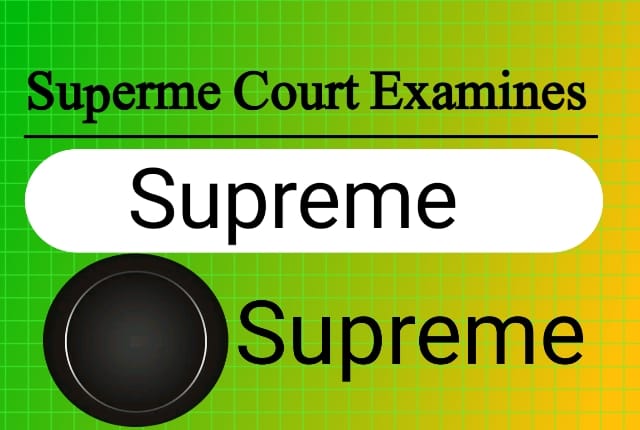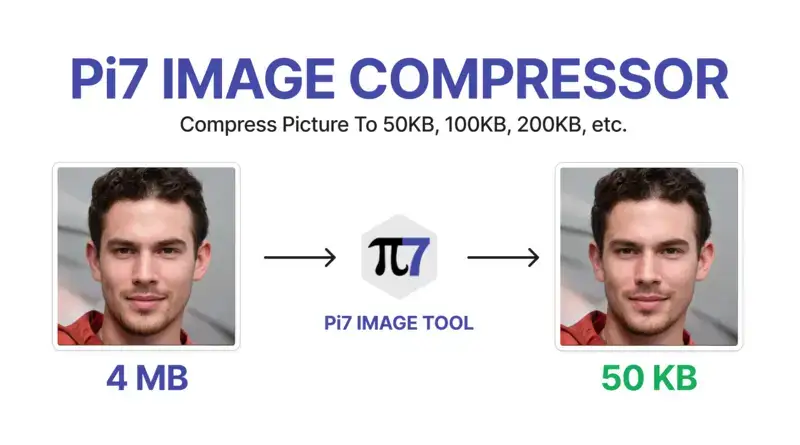Consider a city park. People wander along shaded paths, children swing on the playground, and birdschirp in the trees. A tiny tent, some blankets, and possibly a bag, however, may be hidden beneath a bridge or behind a hedge, serving as the makeshift residence of someone without a roof over their head.
Imagine now that the law has intervened.
There are cities that say, “Nope, not here.” They enact anti-camping regulations that forbid sleeping in parks, on sidewalks used by the public, or even in your own vehicle. The intention is to keep public areas clean and accessible, but it adds one more obstacle to an already difficult situation for those who are homeless.
The Supreme Court steps in at this point.
They’re examining these anti-camping rules and posing a significant query, analogous to an elderly judge mediating a playground dispute: Does prohibiting tents on sidewalks genuinely assist the homeless or merely drive them farther into hiding?
The truth is, for someone who doesn’t have a climbing suit, finding a place to stay is like trying to climb Mount Everest. Shelters are simply too full of beds, and cheap housing seems like a mountaintop you can never climb. Thus, for some, a tent serves as their Everest base camp, providing an opportunity to relax and regain strength prior to beginning the next ascent.
Imagine now that base camp is being taken away by the law. What is the destination for them?
Perhaps more into the woods, beneath a different bridge, and farther from supplies and assistance. It’s akin to telling someone, “Hey, you’re homeless, but keep it hidden.” Head for cover.”
However, the Supreme Court is considering more than simply the short-term inconvenience. They’re also wondering if these regulations actually solve the problem of homelessness. Similar to applying a Band-Aid to a shattered leg, it may provide temporary relief, but the bone will not be fixed. Not more people move into apartments as a result of tent bans; rather, it makes it more difficult for them to survive on the streets.
Not only that, though. Certain people are concerned that these laws unfairly single out the most defenseless. It’s comparable to making fun of the child with the old shoes on the playground. It doesn’t follow that someone doesn’t have fundamental human rights, like a place to sleep, just because they don’t have a lovely house.
What then will be decided by the Supreme Court?
Is it going to be “Camping? “Absolutely not!” or will they be able to look beyond the immediate issue and understand that merely putting a ban on tents obscures the problem of homelessness?
Although the solution is yet unclear, the discussion is still crucial. It’s an opportunity to peek past the tents and blankets and see the people living inside. This is an opportunity for us to consider the kind of city we want to be. Is the person pushing others away or reaching out to lend a hand?
In the end, we all need a place to call home—a place where we may feel safe, seen, and supported—regardless of whether we live in a penthouse or a park tent. And perhaps, just possibly, that’s a worthwhile discussion to have.















